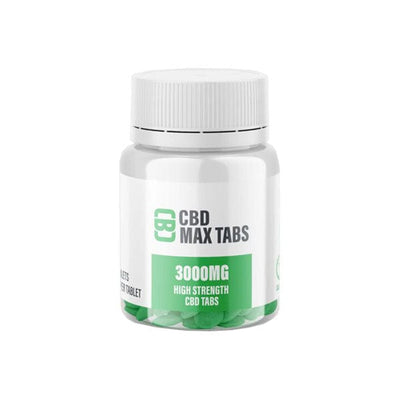CBD and Parkinson's Disease: A Glimmer of Hope
Introduction:
Parkinson's Disease (PD) is a progressive neurological disorder that affects movement, muscle control, and balance. Characterized by the loss of dopamine-producing cells in the brain, PD often leads to tremors, stiffness, and slowness of movement. Although there is no cure for Parkinson's, medications and therapies are available to help manage its symptoms. Recently, a growing number of researchers have turned their attention to the potential benefits of cannabidiol (CBD) in alleviating Parkinson's symptoms. In this blog post, we will explore the role of CBD in PD management and the current state of research on the subject.
What is CBD?
Cannabidiol (CBD) is one of the many compounds found in the Cannabis sativa plant, known for its potential therapeutic properties. Unlike its psychoactive counterpart, delta-9-tetrahydrocannabinol (THC), CBD does not produce the "high" commonly associated with marijuana use. Instead, it has been shown to provide relief for various conditions, such as chronic pain, inflammation, anxiety, and epilepsy.
CBD and Parkinson's Disease
Research on CBD's effectiveness in treating Parkinson's Disease is still in its early stages, but some studies have shown promising results. The potential benefits of CBD for PD patients may be due to its interaction with the endocannabinoid system (ECS), a complex cell-signaling system that plays a role in maintaining homeostasis in the body. The ECS is involved in numerous physiological processes, including mood, sleep, and appetite regulation, and immune system responses.
- Symptom Management:
Some preliminary studies have suggested that CBD may help alleviate motor symptoms in PD patients, such as tremors, rigidity, and bradykinesia (slowness of movement). A study conducted in 2014 found that CBD significantly improved the quality of life and well-being of PD patients without causing adverse side effects. However, more research is needed to determine the optimal dosage and administration method of CBD for PD symptom management.
- Neuroprotection:
CBD's potential neuroprotective properties are another area of interest for PD researchers. Studies have suggested that CBD may help protect neurons from damage, reduce inflammation, and promote the growth of new cells in the brain. These properties could potentially slow down the progression of PD, but further research is needed to fully understand the mechanisms involved.
- Sleep and Mood Disorders:
Sleep disturbances and mood disorders, such as depression and anxiety, are common non-motor symptoms of PD. Some studies have suggested that CBD may help improve sleep quality and alleviate mood disorders in PD patients by modulating the release of serotonin, a neurotransmitter that plays a crucial role in regulating mood, sleep, and appetite.
Current Limitations and Future Research
While the preliminary results on CBD's potential benefits for Parkinson's Disease are promising, it is important to note that the existing body of research is limited. Many studies have been conducted on small sample sizes, and long-term clinical trials are needed to establish the safety and efficacy of CBD for PD patients. Additionally, the optimal dosage, administration method, and potential interactions with other medications need to be thoroughly investigated.
Conclusion
The growing interest in CBD as a potential treatment for Parkinson's Disease highlights the need for more comprehensive and rigorous research. While the preliminary results are promising, further studies are required to confirm CBD's effectiveness and safety for PD patients. If you are considering using CBD to manage Parkinson's symptoms, it is essential to consult with a healthcare professional to discuss the potential benefits and risks.





Leave a comment